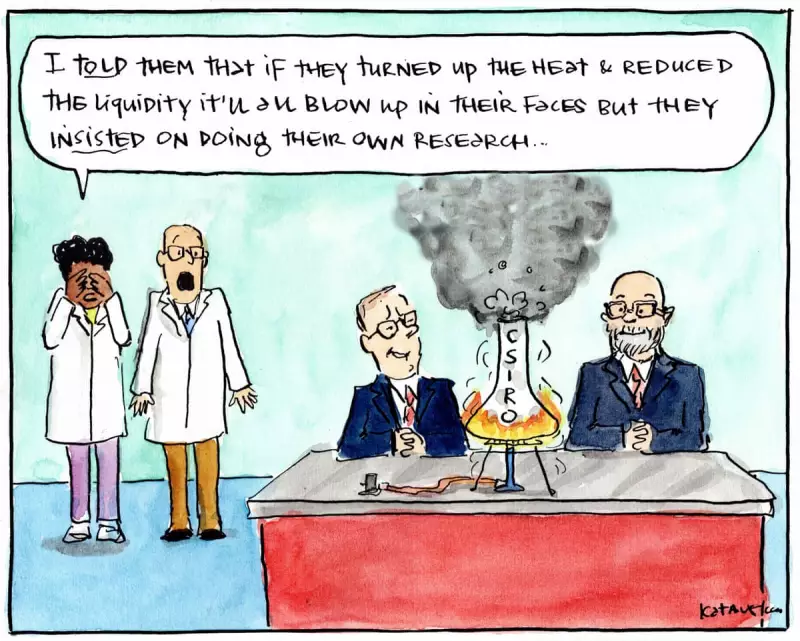
The Australian government has announced sweeping budget cuts to the Commonwealth Scientific and Industrial Research Organisation (CSIRO), threatening the nation's position as a global leader in scientific innovation. The decision, confirmed on November 20, 2025, will see the organisation's funding reduced by approximately 20%, raising serious concerns about the future of critical research projects.
Understanding the Scale of CSIRO Budget Reductions
The funding cuts represent one of the most significant reductions in scientific research investment in Australia's recent history. The CSIRO, established in 1916, has been responsible for groundbreaking discoveries across multiple fields including agriculture, environmental science, and medical technology. The organisation employs thousands of scientists and researchers who work on projects ranging from climate change mitigation to developing new medical treatments.
Government officials have defended the decision as necessary for fiscal responsibility, but critics argue that the timing couldn't be worse. With global challenges such as climate change and pandemic preparedness requiring robust scientific responses, many experts question the wisdom of reducing funding to Australia's premier research institution.
Implications for Critical Research Programs
The budget reductions are expected to have immediate consequences for several high-profile research initiatives. Climate change modelling, renewable energy development, and biodiversity conservation projects are among the areas likely to face significant cutbacks. Medical research programs focusing on vaccine development and disease prevention may also see reduced funding, potentially delaying important health breakthroughs.
International collaborations could suffer as Australia's capacity to contribute to global scientific efforts diminishes. The CSIRO has historically played a crucial role in worldwide research networks, particularly in climate science and environmental monitoring. These partnerships may now be jeopardised by the organisation's reduced operational capacity.
Broader Consequences for Australia's Scientific Future
Beyond immediate project cancellations, the funding cuts threaten to create a brain drain as talented researchers seek opportunities abroad. Australia risks losing its competitive edge in scientific innovation just as other nations are increasing their research investments. The long-term economic implications could be substantial, as scientific research often drives technological advancement and commercial opportunities.
The decision has sparked outrage within the scientific community, with many researchers expressing concerns about Australia's commitment to evidence-based policymaking. As one senior scientist noted anonymously, "We're being asked to solve increasingly complex problems with fewer resources. This isn't just about today's projects - it's about whether Australia will have the scientific capability to address tomorrow's challenges."
Public advocacy groups are mobilising to oppose the cuts, arguing that scientific research should be viewed as an essential investment rather than an expense. The coming months will likely see increased pressure on the government to reconsider its position as the real-world impacts of the funding reductions become apparent.






